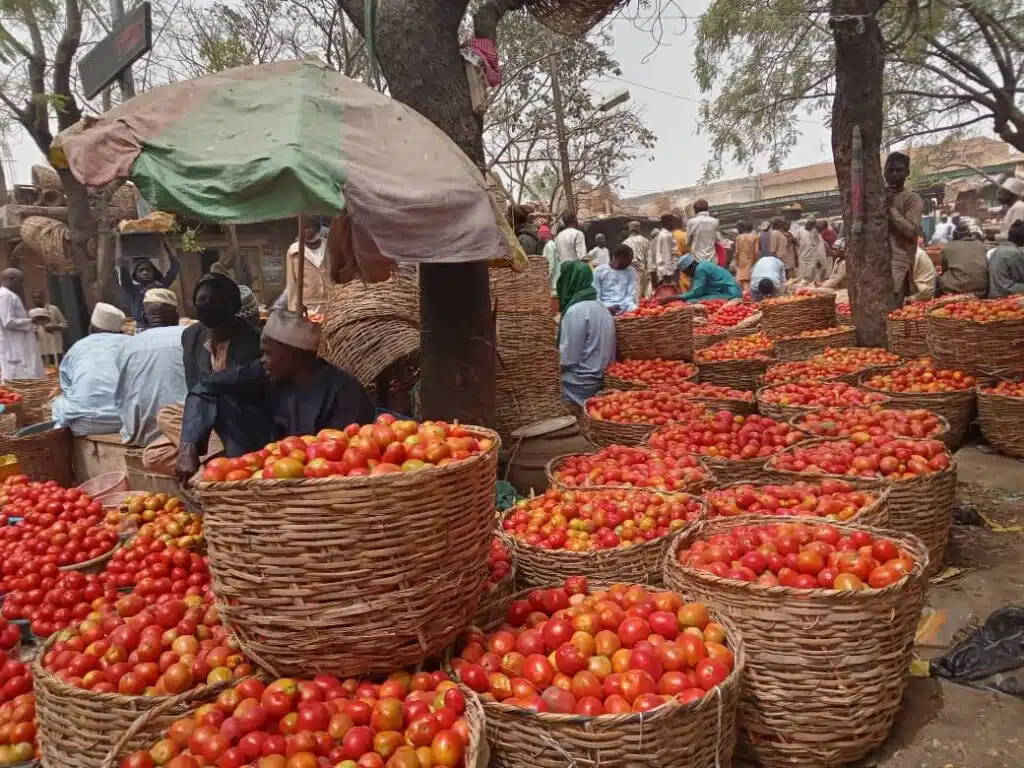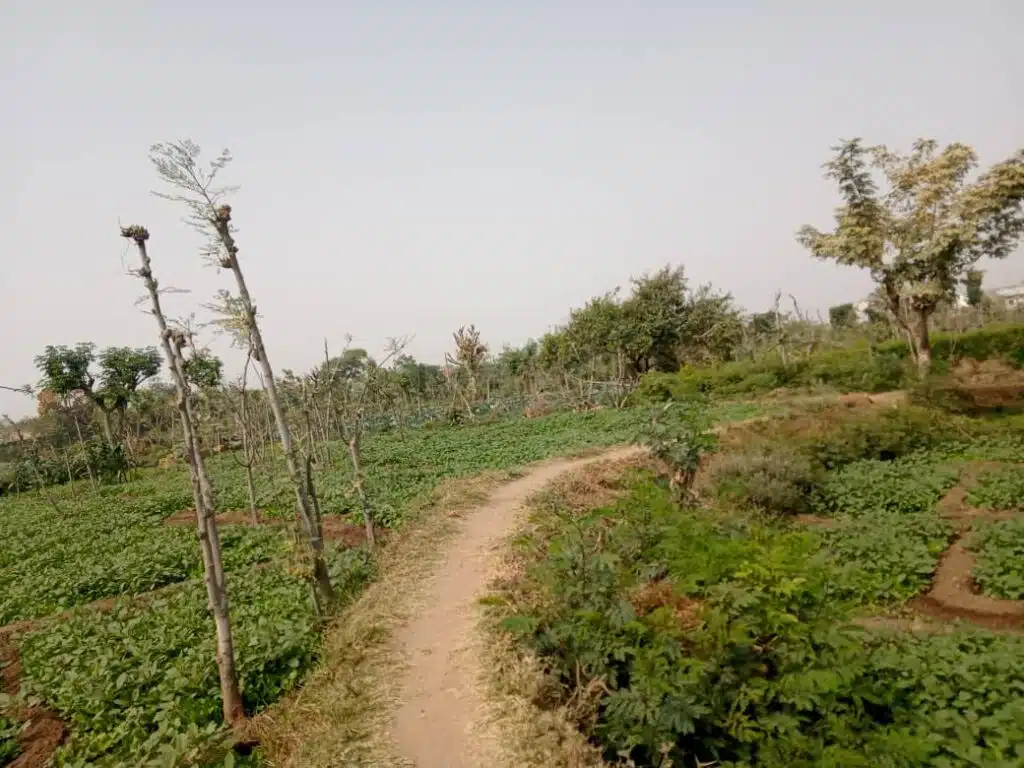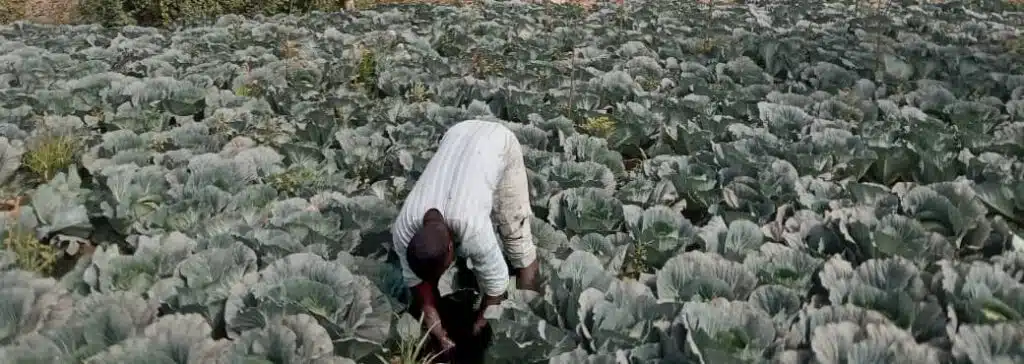Climate change, a global phenomenon that describes a transformation in the average global or regional temperature, is characterized by a sort of the unusual change in temperature, wind, rainfall, precipitation, amongst others.
Once the year comes to an end between November and February in Kano State and Nigeria at large, there is usually a prevalence of dry cold wind which emanates from the Sahara Desert that flows towards West African countries, called Harmattan. The Harmattan season which usually comes with extreme cold at some point is also characterized by a widespread dryness in human skin, coupled with haze and low visibility.
Climate change is mostly the responsible factor influencing the high prevalence of Harmattan. In 2021, there has been a slight fluctuation in the weather sequence as the harmattan season started off late in 2020 and extended towards March in 2021, which seemed unusual. While the current weather fluctuation may be linked to the climate change phenomenon, this, however, comes with its positive sides as the extension of low temperature has enabled some crops to take advantage of the slight change.
Surplus tomato availability and the recent drop in prices linked to extended harmattan
As markets witness a glut of the commodity, causing a surplus availability in tomato, information gathered by DailyNews24 across some of the major markets in Kano, revealed that a big basket of tomatoes now sells for N2000 as against the previous price which was about N8000 – 12000.
Sallah: Kebbi Cattle market booms amid skyrocketing prices
The significant drop witnessed in the price of tomatoes can be attributed to the increase in supply. This is reasonable as historical knowledge affirms that the price of tomatoes drops during the harmattan season, as the harmattan is favourable to the harvest of tomatoes and similar crops.

Ibrahim Adamu a farmer with Jakara farms in Kano revealed to DN24 that the abnormal but extended harmattan this year enabled him and his fellow farmers to realize reasonable produce this year, despite the challenges posed by the coronavirus pandemic the previous year.
“Although the cold this year wasn’t as harsh as last year, we have realized huge success this year because of the extended harmattan. There are various types of crops and seeds which take advantage of the cold brought by the harmattan and tomato is one of them. As you can see, there is a massive availability of tomatoes in the market to the extent that some go into wastage.
”The raining and heat seasons do not ultimately favour tomato, which is why a good number of farmers in Gwarzo, Dambatta, Minjibir, and the likes focus solely on a tomato” he said.
He added that a basket of tomatoes go for about N2,000 explaining that when the harmattan makes way for the next season, a basket of tomato could go for about N10,000. A hike in the price of tomato could lead to food insecurity issues which would pose a challenge to the country’s ever-growing population
“We recorded fewer pest invasion, which boosted our harvest this year” – Farmer
Pest (Kwari/Susa) in Hausa, is a major concern to most farmers because they pose a great threat to their crops, affecting their yield and drops their revenue at large. The first direct cramp to crops happens when pests eat leaves and burrow holes in the crops and makes them less viable. The Tuta Absoluta outbreak (pest attack) which happened in 2016 in Nigeria resulted in an approximately 80% loss in tomatoes and similar crops, causing a price hike, high demand, and increased importation for tomatoes and other affected crops.

Ibrahim further disclosed to DailyNews24 that the prevalence of harmattan resulted in a decline in the number of pests in major farms, thereby allowing farmers to harvest more crops and spend less money on acquiring pesticides.
“In most farms just like mine, there are very few pests and this has enabled us to have a seamless farming and harvesting period. When the harmattan is over most pests would return to the farms and it would be a tug of war with pests.
“After this harmattan, most farmers would not farm tomatoes because the high temperature won’t be so conducive for the crop. Pest control would be high during the heating season and because the government’s response to farmers in terms of pest control isn’t so high, prices of pesticides would be high, thereby discouraging farmers to plant so many tomatoes during that season”
“My cabbage grew bigger during this cold period” – Cabbage farmer
Cabbage, a crop that requires about nine to twenty degrees to thrive seamlessly and takes about 70 – 120 days before it can be due for harvest has also been affected by the recent weather change, which could be linked to climate change. As DailyNews24 monitored farms and markets, it was discovered that its availability and fall in price were dependent on the weather change. A massive and blossom harvest has been recorded even as farmers continue to take their produce to the markets.

“My cabbages are high breed and this specie prevails much more during the cold period. When the cold is over, hardly will you find cabbages as big as the ones available in markets currently because the cold weather plays a significant role in its growth and development. As the heating season is approaching, most cabbages wouldn’t thrive as the ones which are available currently” said Tijjani Hamid, a cabbage farmer.
Tijjani further explained that prices of cabbage have significantly fallen due to its surplus availability, which was caused by the weather adding that fewer and more expensive cabbages should be expected in the heating season.
“As cabbages are cheaper now, it wouldn’t be the same during the heating season because at that period, pests would be much more and farmers would rather farm other crops because of the high cost of pesticides. Because the heating season wouldn’t afford cabbages much low temperature, its growth would not be as massive as the current ones” Tijjani elaborated.

As farmers are adapting to climate change which has brought about a shift in patterns and time of farming, new methods are being exploited in order to adapt to the change.


